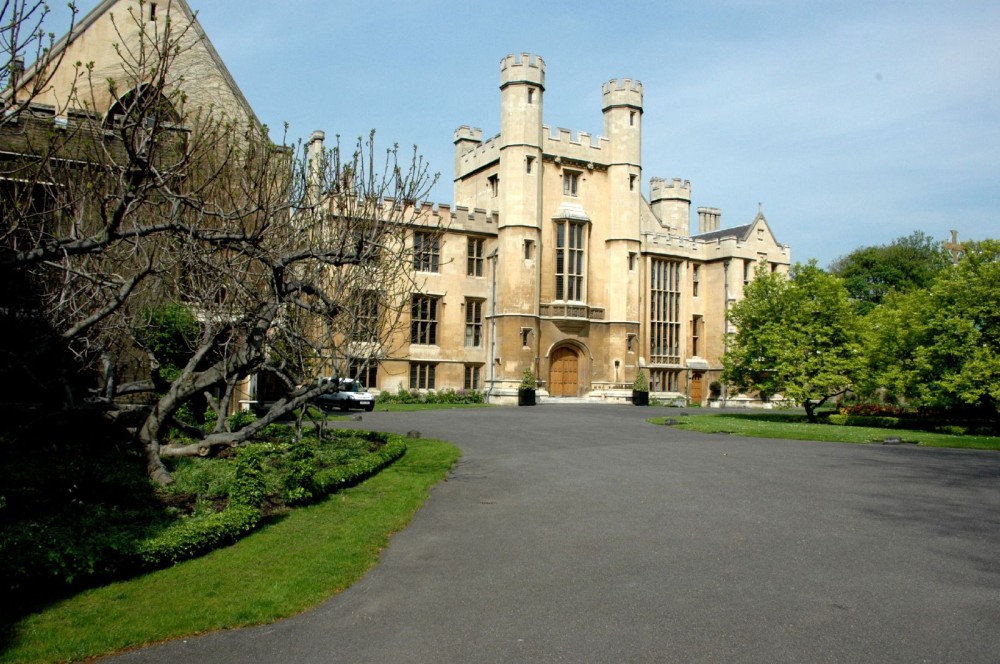Church of England releases draft of same-sex blessings; archbishop of Canterbury says he won't use them

The Church of England released the details of a proposal to offer blessings, but not marriage, to same-sex couples on January 20. The proposed prayers and liturgies would be the church’s first-ever formal recognition of same-sex relationships, though they would not change its traditional teaching on marriage and would be optional for clergy to offer.
The church’s bishops also issued an apology to LGBTQ+ people for the “rejection and exclusion” they have faced in the Church of England and “affirm[ed], publicly and unequivocally, that LGBTQI+ people are welcome and valued.”
Archbishop of Canterbury Justin Welby commended the proposal and the years of churchwide work that led to it, but said that in his role as an “instrument of unity” for the Anglican Communion, he would refrain from using the prayers himself.





